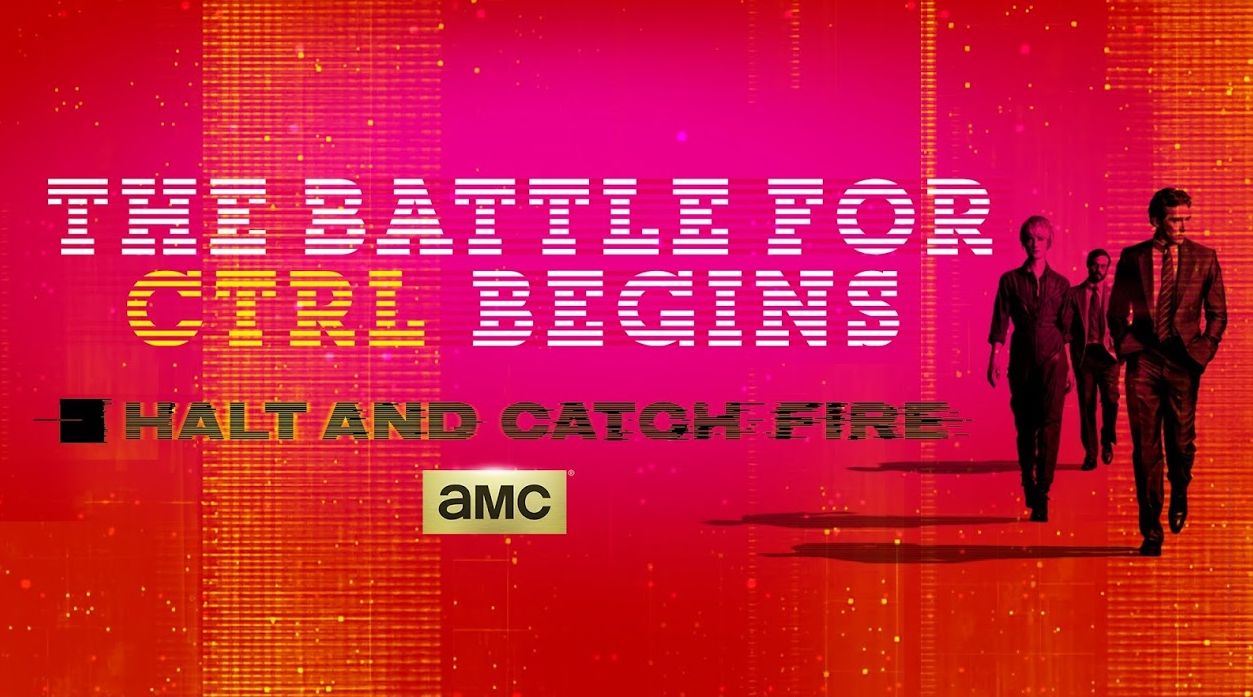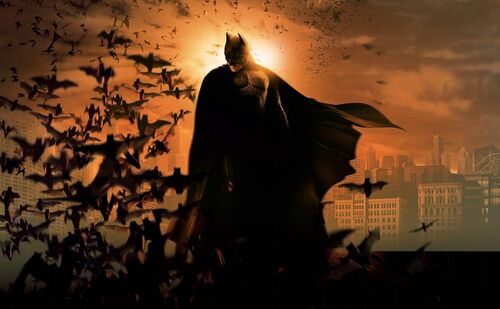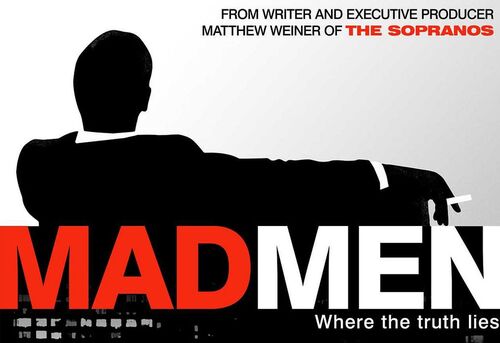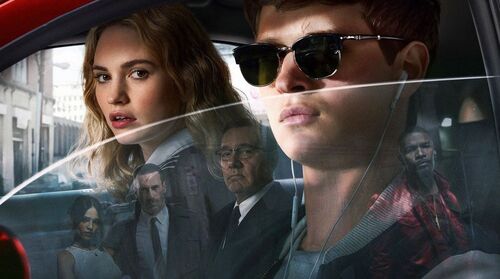
Halt and Catch Fire, Season 1 - Meticulously Crafted, Flawed but Riveting
 Halt and Catch Fire is about people willing to give absolutely everything to an idea. It explores the sacrifices that a devotion such as this demands, great or small. While Halt struggles to find its identity for a portion of its first season, it ultimately comes out at the end, better for it.
Halt and Catch Fire is about people willing to give absolutely everything to an idea. It explores the sacrifices that a devotion such as this demands, great or small. While Halt struggles to find its identity for a portion of its first season, it ultimately comes out at the end, better for it.
Season 1 uses its holy grail, Cardiff Electric's portable PC the Giant, to define each and every character we come to know by the end. It drives, inspires, and ignites them. It’s not a smooth journey to the end, both for its audience and for its characters, but Halt and Catch Fire is a deeply intoxicating experience that sheds light on an era rarely explored with such vivid detail.
Lee Pace leads the series as Joe MacMillan, a visionary who disappeared from leading company IBM and appears on the doorsteps of a modest electrical company, Cardiff Electric. The character is suave, detailed and subtle, but also unrefined, at times unraveled, but often able to find a solution that prompts his flashy and attractive smile to come forth. Lee Pace plays every facet of Joe to perfection, helping us to fall in and out of love with the character as the script desires.
Scoot McNairy plays Gordon Clark, an engineer who dreams of creating something special. The birth of the Giant causes Gordon to revert back to some of his old ways, creating a rift between he and his wife as he fights doubt and frustration. He gives everything to the Giant, and while the character’s victories we all feel as fans, it’s hard to side with him when he’s within the walls of his home. His wife Donna (Kerry Bishe) is a sympathetic woman who deserves far more than she receives, in many ways a victim to the up and down nature of the PC revolution’s affect on her husband.
But Donna is not just a victim, nor is she a pretty feature wall for the show to bring in and out for simple effect. Bishe plays the character with a sweetness but also with a determination that makes her fiercely likable, perhaps more-so than any other character. And often she shoots through to prove she is equally as fascinating as the characters around her. Season 1 leaves her in a fascinating position, but personally and regarding her relationship with her husband.
Despite every excuse we as an audience can give to Gordon, he’s ultimately a supremely selfish character who is hard to root for on his own. His final scene has him in a lonely office, a hollow abyss despite his recent triumphs, and it’s a moment of clarity as we watch a man who truly deserves to feel this way, despite his redeeming qualities (of which there are few).
Rounding out the core cast is Mackenzie Davis as Cameron Howe, a young prodigy who falls under Joe’s spell but grows into her own as the season wears on. Her push for the PC to have a conscience, to communicate with users like a friend, is an underlying fascet of her personality that drives her into becoming a truly unique character.
At times, the show can be tediously hasty, jumping forward in small time hops and expecting us to fill in the blanks. This would be easy enough were it not for major character development taking place between the lines, at times feeling as though episodes were missed throughout the middle of the season.
The show also spends a markedly large chunk of time through its middle portion on its characters, to a fault. Despite its fascinating depiction of the eighties technological revolution, a lot of time is spent instead exploring the demons of its characters. Due to this we witness the formation of an almost-affair that felt short-handed and off for Donna’s character (though its one dark hour that comes back cleverly late in the season), and we spend an episode exploring father issues with a thin attachment to the show’s over-arching plot.
So too, one particular episode has Gordon hurriedly searching for a doll for his children, and in the pouring rain and beneath thunderous clouds he sees a body on the ground, struck by lightning. This moment, cinematically rendered and well shot, returns once via a nightmare the following episode, but never again does it play a role.
In these episodes, Halt demands that we invest in both areas of the show: the revolutionary PC market and Cardiff Electrics potential role in it, and the character drama that explores the psyche of its main cast. These two areas wrestle for front spot often enough that the show struggles to find its identity. By the final two episodes, though, it reaches the balance it had been aiming for.
Payoff comes through conflicts that have a say in both areas. Each different character has a response to the changing aesthetic of the tech world around them, and it influences themselves and their feelings toward those around them.
Season 1 ends with limbs in different places. With such a diverse range of characters, that is as it should be. There’s hollowness to be felt even in victory, a wanting for something more, and themes of youth as future play a daunting role on the ageing and weary characters that watch those such as Cameron bring new and innovative ideas to an evolving world.
Halt and Catch Fire is riveting at its heights and attentive at its lows. Despite any and all faults, it’s a smartly thought out show with fully realised characters that may only be hindered by the show’s eagerness to get to where it wants to be. By the end of the season, it’s in new and interesting territories. Joe walks off into the native distance, toward the woman whom many of his life choices are owed to. If Halt’s season 1 flaws are in fact growing pains, then season 2 should have no such issues.


